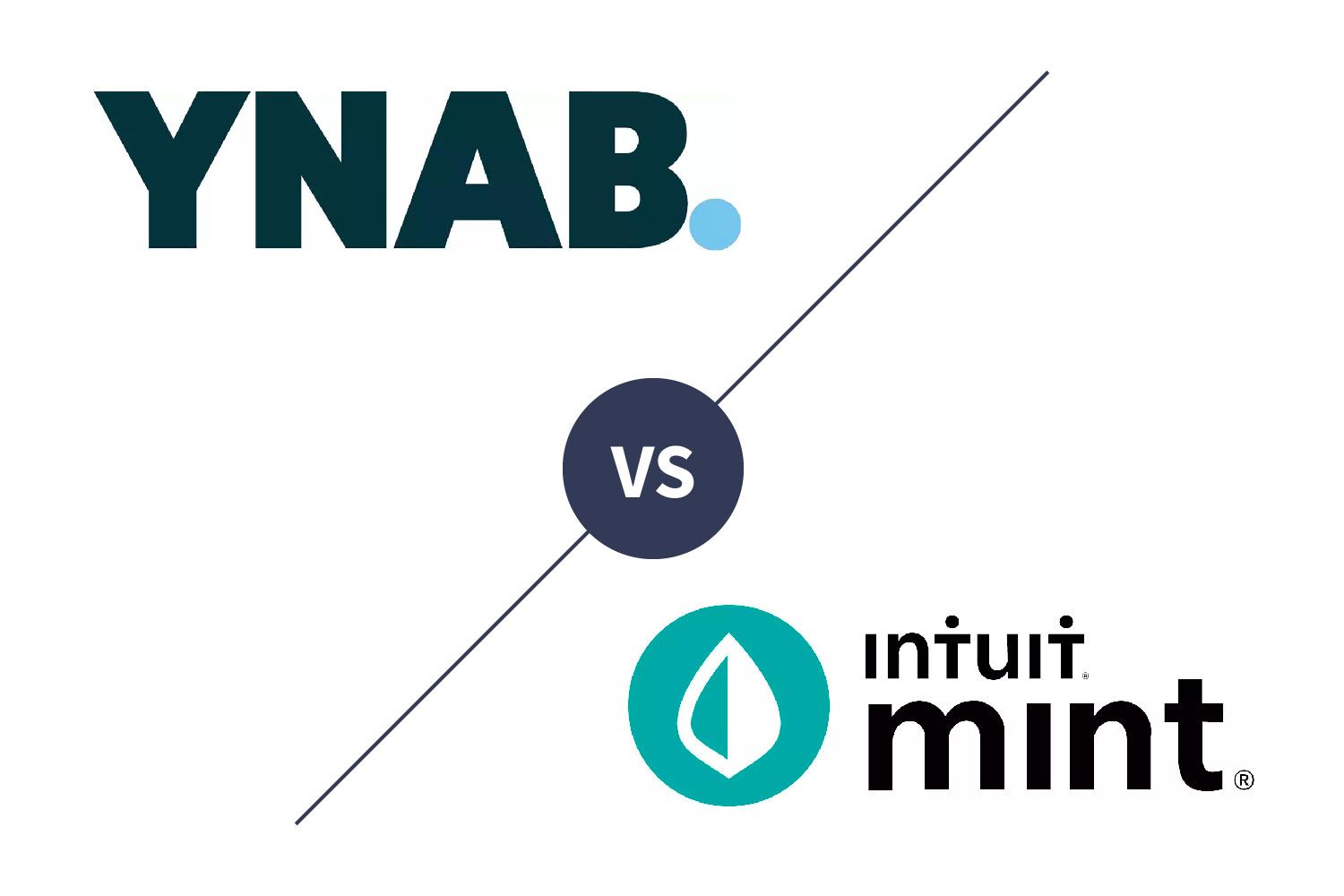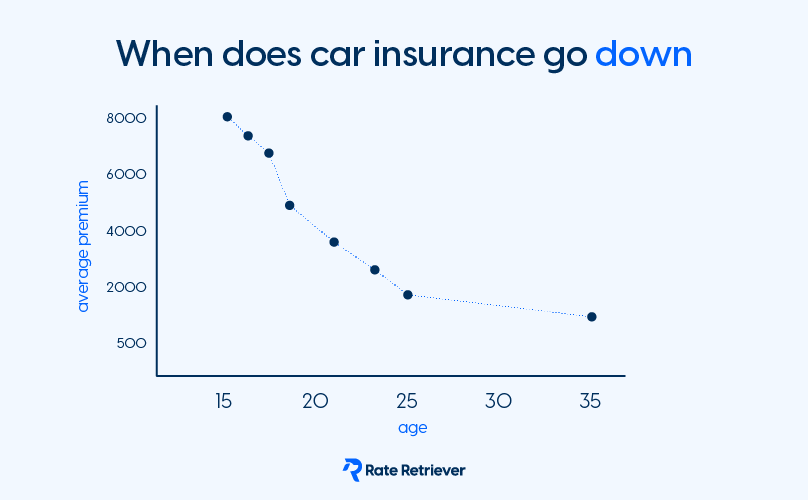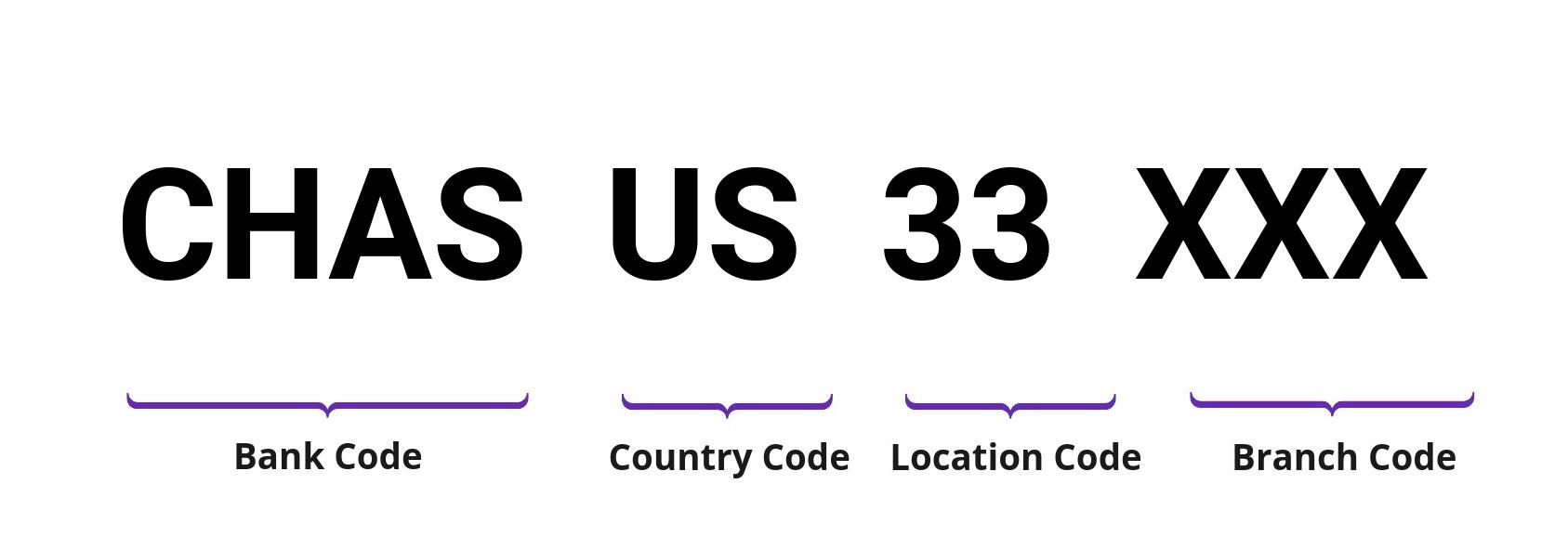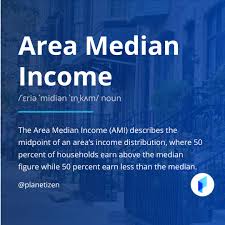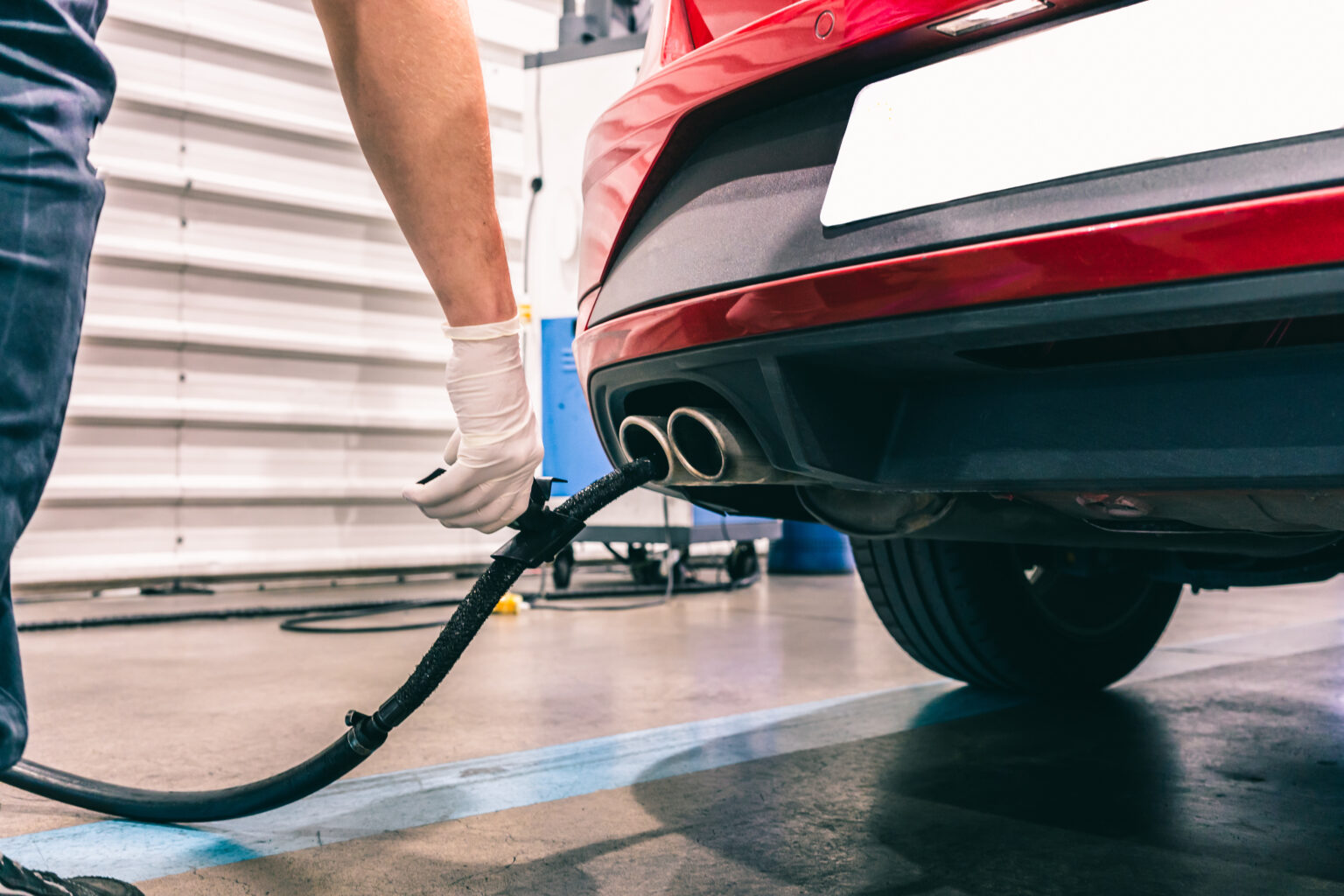When it comes to cars that make your heart race, sports cars vs. muscle cars is a debate that’s been around for decades. Both categories are designed for speed and excitement, but they’re not the same thing. Whether you’re drooling over a sleek Porsche or admiring the raw power of a Dodge Challenger, understanding the difference can help you decide which one fits your lifestyle better.
In this guide, we’ll break down what separates sports cars from muscle cars, explore their unique features, and even look at how insurance costs compare.
Key Takeaways
- Both sports cars and muscle cars are built for speed, power, and driving thrills.
- Muscle cars are larger, boxier, and focus on straight-line power, while sports cars are smaller, sleeker, and excel at handling curves.
- Sports cars usually have better fuel efficiency, while muscle cars are known for their raw horsepower.
- Insurance costs can be higher for both compared to regular sedans.
Sports Cars vs. Muscle Cars: The Basics
At their core, both car types deliver excitement, but in different ways.
- Muscle Cars: Think American-made beasts with big V8 engines, long hoods, and plenty of horsepower. They’re built for raw power and tend to shine in straight-line speed. Classics like the 1970 Dodge Challenger and 1969 Chevrolet Camaro are perfect examples.
- Sports Cars: Sleek, aerodynamic, and nimble, these cars are designed to hug the road. They’re often lighter, with quick acceleration and excellent handling on winding roads. A Porsche 911 Carrera or Mazda MX-5 Miata fits this mold perfectly.
👉 If you want to dive deeper into the technical differences, Car and Driver has excellent breakdowns and reviews of both sports cars and muscle cars.
Features of Muscle Cars
Muscle cars have been American icons since the 1960s and 1970s. And they’re not just a thing of the past—modern versions pack even more horsepower under the hood.
Some standout models include the Dodge Challenger SRT Hellcat, Chevrolet Camaro SS, Ford Mustang GT, and Dodge Charger SRT Hellcat.
Here are the typical muscle car features:
- Powerful Engines: Usually V8s (or larger), delivering extreme horsepower.
- Straight-Line Speed: Incredible in drag races, but not as agile on curves.
- Large Build: Bigger than sports cars, which means more cabin space and trunk room.
- Mostly American: Built primarily by brands like Dodge, Chevrolet, and Ford.
- Fuel Hungry: Less fuel-efficient due to size and engine power.
- Solid Safety: Heavier builds often score well in crash tests and perform better in rough weather.
💡 Fun fact: Want to know more about the history of muscle cars? Check out Hagerty’s Muscle Car Guide.
Features of Sports Cars
If muscle cars are about brute force, sports cars are about precision and agility. Their design is inspired by race cars, and they’re built to deliver an exhilarating driving experience.
Popular sports cars include the Chevrolet Corvette, Jaguar F-Type, Audi R8 Coupe, and the timeless Porsche 911.
Key characteristics include:
- Quick Acceleration: Turbo and hybrid options give these cars explosive speed.
- Compact, Sleek Design: Smaller builds with aerodynamic styling.
- Affordability Options: Not all sports cars break the bank—options like the Mazda MX-5 Miata are accessible.
- Tight Handling: Exceptional control on winding roads and sharp turns.
- Wide Variety: Available from luxury brands and mainstream automakers alike.
- Better Fuel Efficiency: Lighter builds and smaller engines mean fewer trips to the pump.
For eco-conscious drivers, there are even electric sports cars like the Tesla Roadster and Porsche Taycan. Learn more about EVs in U.S. Department of Energy’s Alternative Fuels Data Center.
Insurance: Sports Cars vs. Muscle Cars
Here’s where reality kicks in: owning either type of car usually means higher insurance premiums. Why?
- Bigger engines = higher risk in the eyes of insurers.
- Repair costs are usually higher than standard sedans.
- High speeds and flashy builds can make them more prone to theft.
If you lease or finance your car, you’ll likely be required to carry comprehensive coverage and collision coverage. Even if you own it outright, those coverages can save you thousands in case of theft, vandalism, or accidents.
So, Which One Should You Choose?
- Pick a muscle car if you love American classics, crave raw horsepower, and want a bold, aggressive ride.
- Pick a sports car if you want precision handling, modern designs, and better fuel economy.
At the end of the day, both will turn heads and give you that thrill behind the wheel. The choice really depends on your driving style, budget, and how often you’ll be taking those curvy backroads versus enjoying that straight-line adrenaline rush.
Final Thoughts
The sports cars vs. muscle cars debate isn’t about which is better—it’s about which one is better for you. Both types offer power, speed, and excitement, but in very different ways. Whether you lean toward the all-American roar of a Mustang or the sleek handling of a Porsche, you can’t go wrong.
